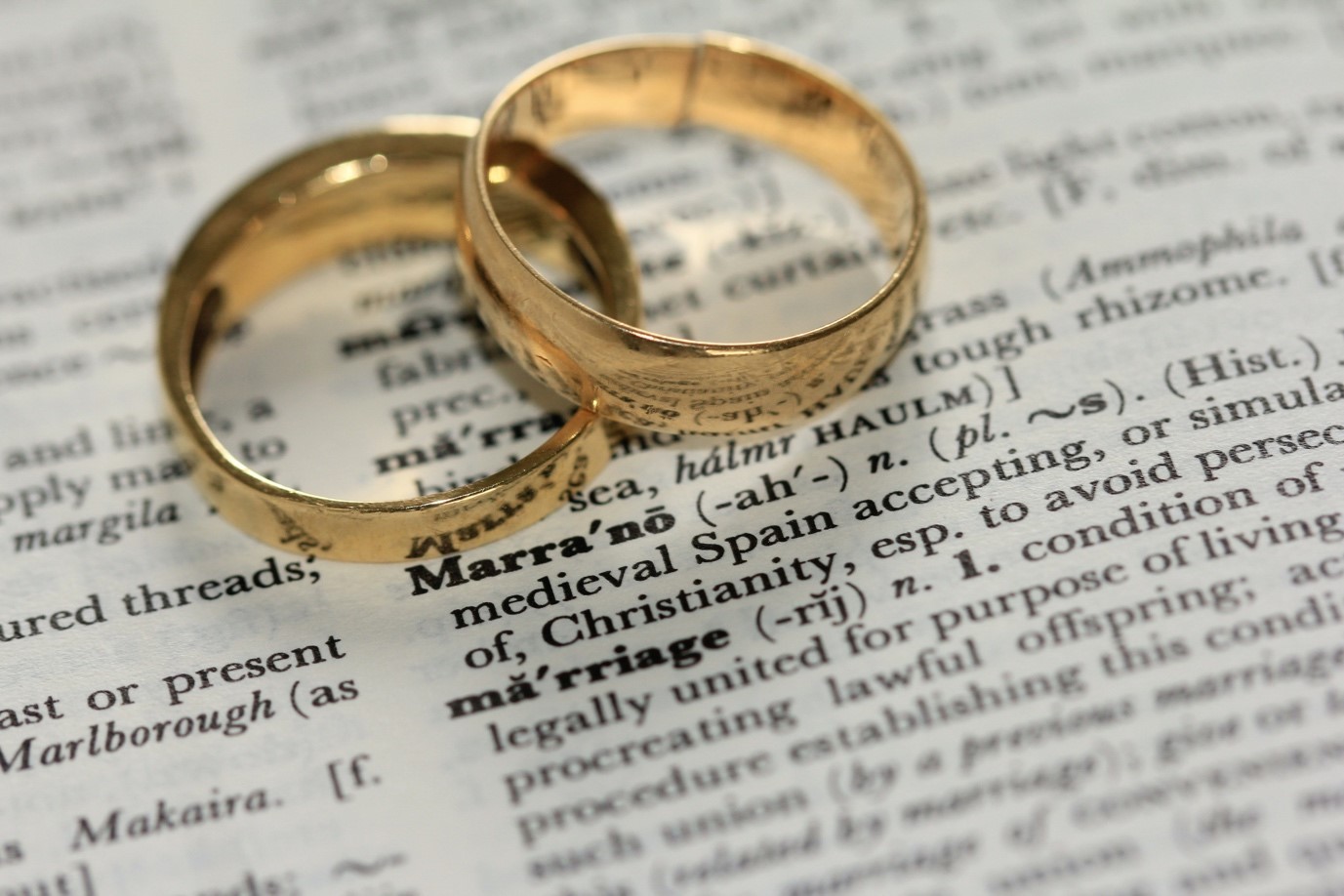Tax matters aren’t an immediate consideration when you are thinking of splitting up or divorcing, but they are an important consideration and being informed of any possible tax implications is a wise move. In this article, we delve into what you need to know.
Capital Gains tax
If you are ending a marriage or civil partnership, you and your former partner are likely to have marital assets that you will need to split. This could be the family home, pensions, investments or business interests, for example. In some instances, you may be liable to pay Capital Gains Tax (CGT) however, whether you pay this or not hinges on the timing of the transfer of your assets.
New laws on Capital Gains Tax
The laws on CGT changed in April 2023 in a bid from HMRC to make things ‘fairer’ for divorcing spouses and separating partners. Prior to the new change, the rules on CGT and the transfer of assets were based on the date a couple separated officially. They had until the end of the tax year they split up, to make a ‘no gain no loss’ transfer of assets. This meant that the transaction made is considered to incur neither a loss or a gain. After this window of time, the couple had to pay Capital Gains Tax and the assets would be considered at current market value.
Essentially, the new rules have extended the window spouses and partners have to transfer any matrimonial assets with CGT consequences. Now, couples have three years following the time when they ceased living together as a couple. The idea behind the new rule is to make matters more simple, less burdensome for couples already going through a difficult and emotional period. Prior to this, when assets such as the family home took a while to sell, a strain was put on divorcing spouses. Although it has now alleviated some of the potential stress and urgency, it is still prudent to think ahead and consider the length of time the sale of assets may take.
Inheritance tax
Asset transfers during a divorce or dissolution are not subject to inheritance tax, and this remains the case until the Decree Absolute is granted. However, it’s worth noting that £325,000 is the maximum amount you can transfer tax free from a spouse who is UK domiciled, to one who isn’t. If a transfer is higher than this amount, or made following the Decree Absolute, they are considered Potentially Exempt Transfers (PET). This is an exemption which allows for someone to make a gift of an unlimited value to another, without having to pay inheritance tax, if the gifting party lives for a further seven years.
Income tax
The income tax position of a divorcing couple should not change as a result of a divorce, with each party being treated independently. No tax is payable on any maintenance payments and by the same token, there is no tax relief available from the party who is making the maintenance payments. If you have transferable assets that generate income, such as stocks, shares or bonds, or other investments they will be considered a taxable income for the person in receipt of them.
Summary
The division of assets can become complex during some divorce proceedings, and as such, taxation can also become complicated. This is particularly the case if one of both parties have high value assets, or assets overseas. Seek legal advice as early on in the process as you can to avoid any unpleasant surprises. Divorce and separation can be costly so it’s important to know where you stand as soon as you can to help you plan and make good decisions on your financial future.



 Bitcoin
Bitcoin  Ethereum
Ethereum  Tether
Tether  XRP
XRP  Solana
Solana  USDC
USDC  TRON
TRON  Cardano
Cardano  Lido Staked Ether
Lido Staked Ether  Avalanche
Avalanche  Toncoin
Toncoin